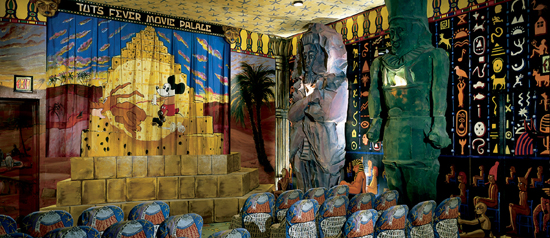
Tut’s Fever Movie Palace
Tut’s Fever is a working movie theater and art installation created by Red Grooms and Lysiane Luong, an homage to the ornate, exotic picture palaces of the 1920s
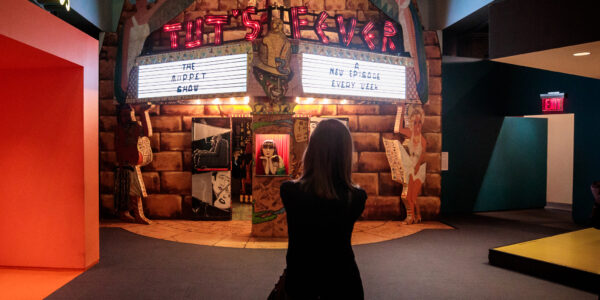
You can buy admission tickets online. Pick a date and time to visit the Museum. Timed-entry slots are released generally one-month prior. All sales are final and payments cannot be refunded.

Tut’s Fever is a working movie theater and art installation created by Red Grooms and Lysiane Luong, an homage to the ornate, exotic picture palaces of the 1920s
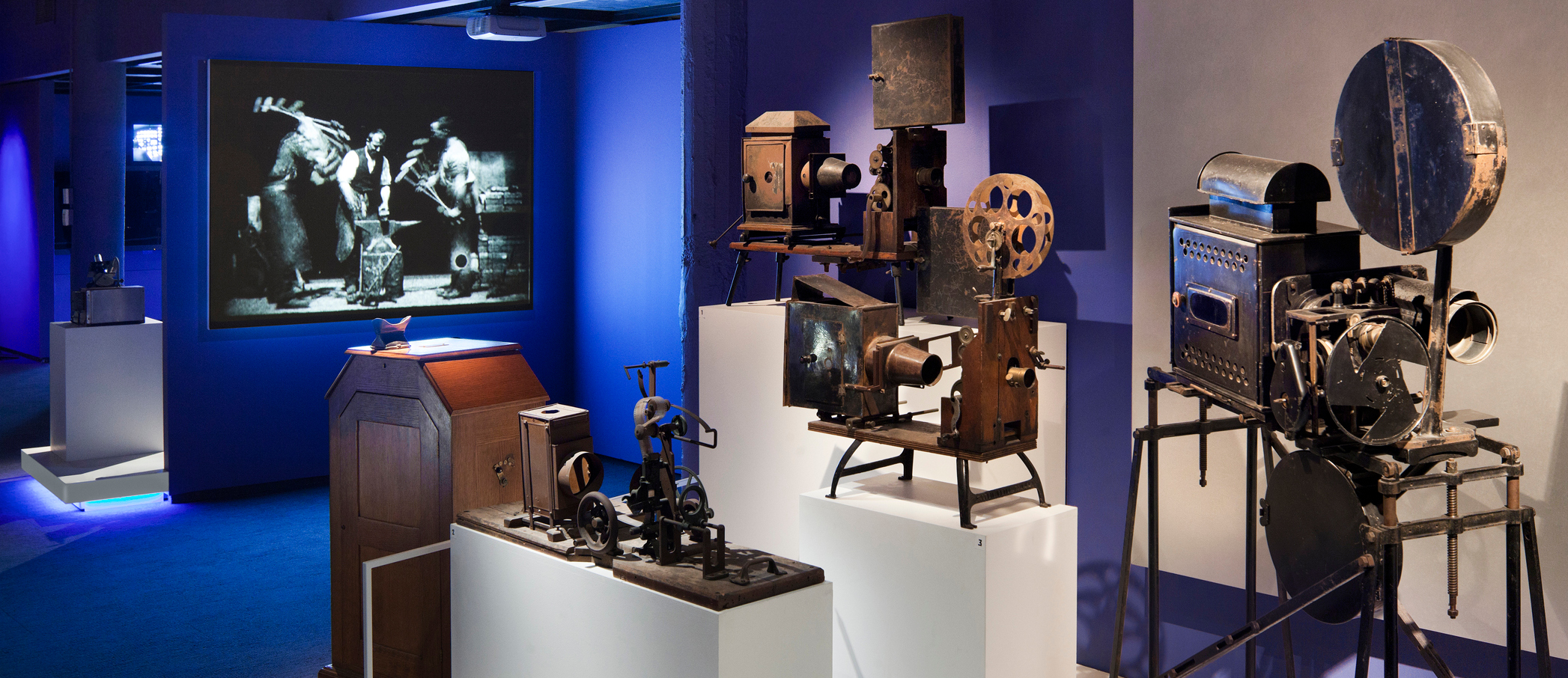
The Museum's core exhibition immerses visitors in the creative and technical process of producing, promoting, and presenting films, television shows, and digital entertainment.
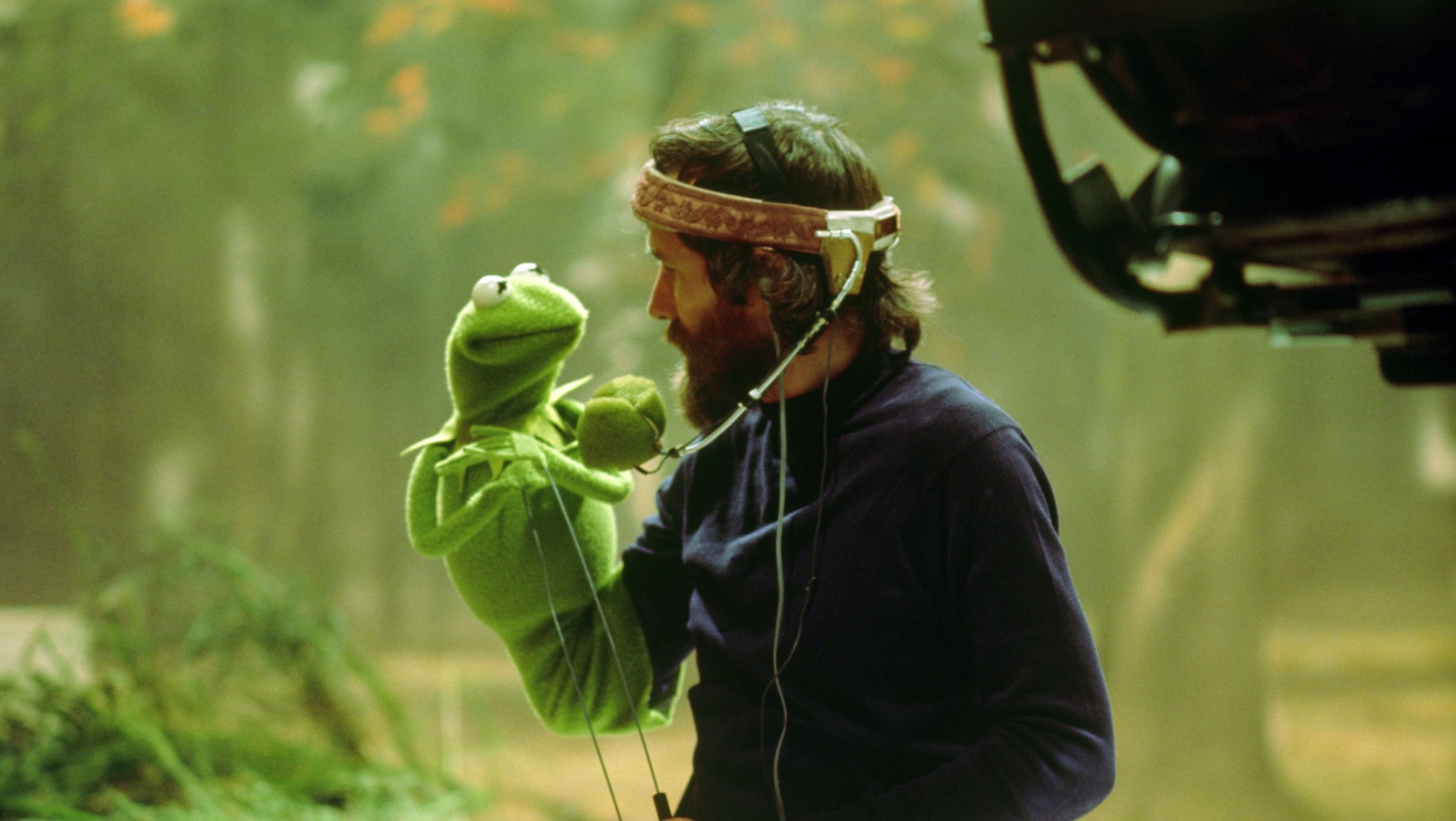
This dynamic experience explores Jim Henson’s groundbreaking work for film and television and his transformative impact on culture.
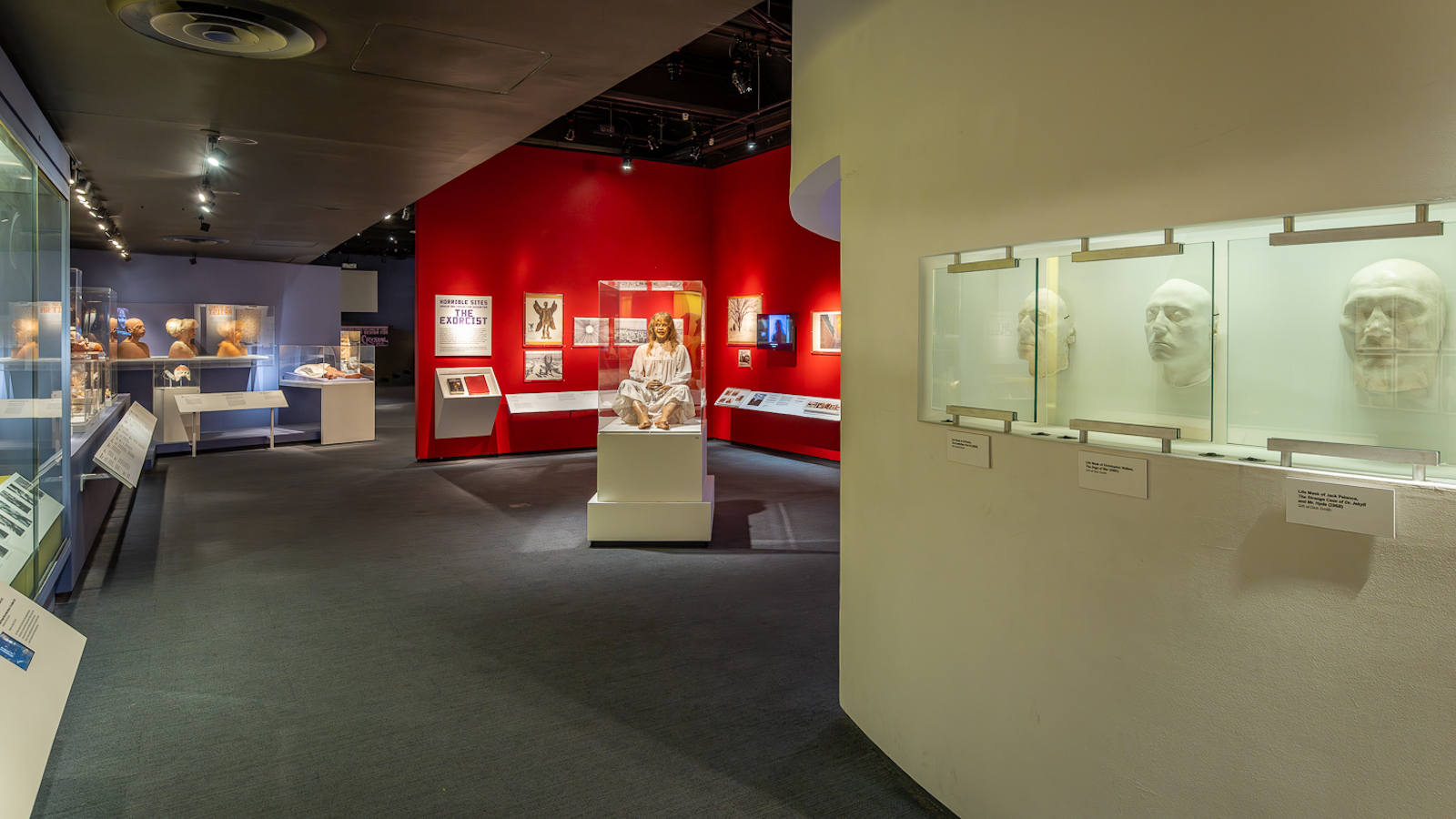
With material drawn from MoMI’s permanent collection, this exhibit explores the film’s production and makeup design, detailing how a stylish townhouse in Georgetown, Washington, D.C., and an innocent young girl were transformed into sites of horror.

On the occasion of Todd Haynes’s May December, MoMI presents an exhibit with materials from the archives of filmmaker Todd Haynes, now part of the Museum’s collection, offering a glimpse into his process of transforming historical and cultural referents into formally ambitious, richly emotional films.
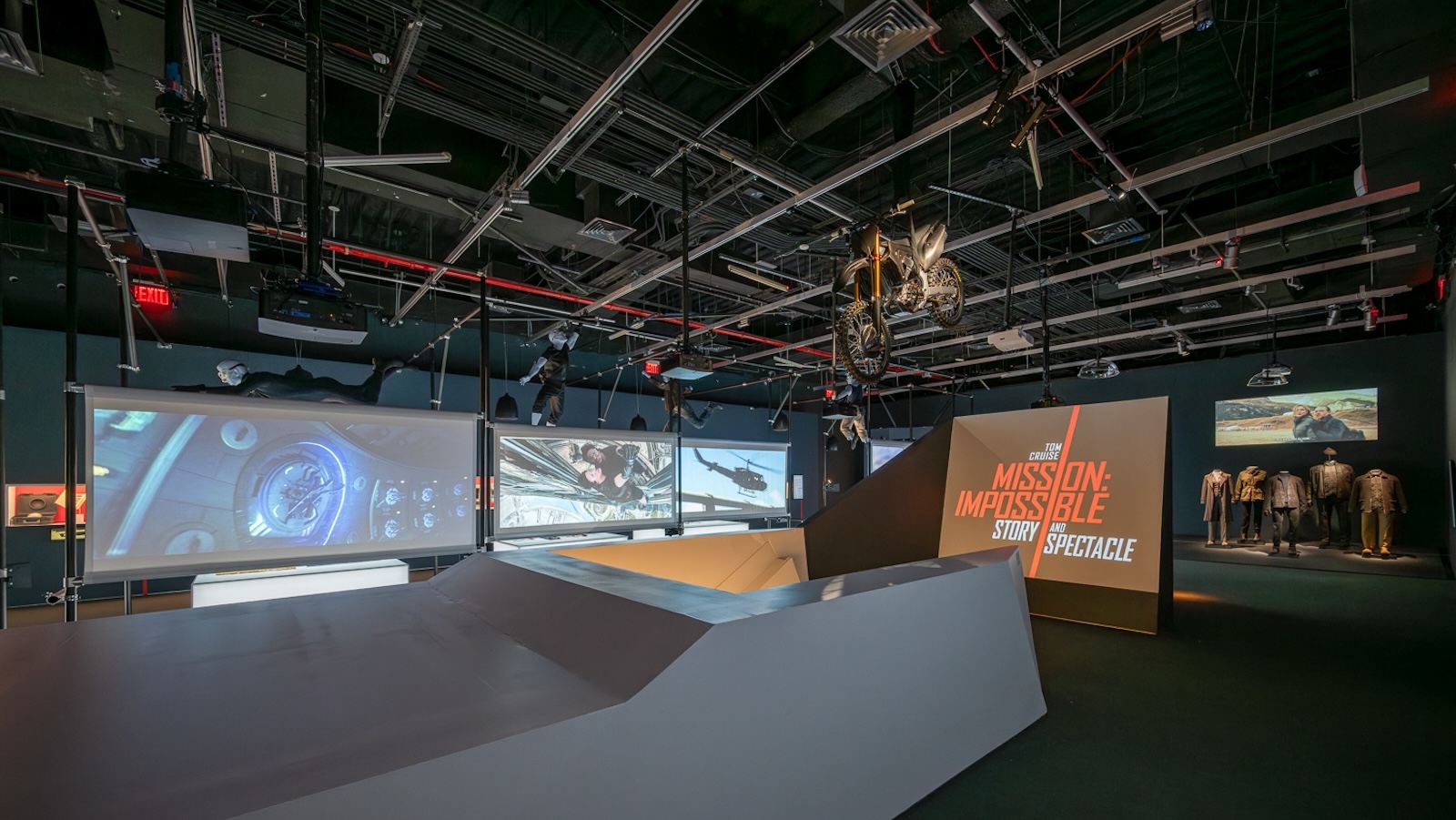
The exhibition spotlights star and producer Tom Cruise’s exceptional commitment to practical stunt work, and explores how the series combines technical ingenuity, personal discipline, and artistic commitment, all in service of storytelling, character development, and performance.

Just as a new Superman movie arrives in theaters, see newly restored Fleischer Studios Superman cartoons from the 1940s in Tut's Fever Movie Palace, located within our core exhibition, Behind the Screen.
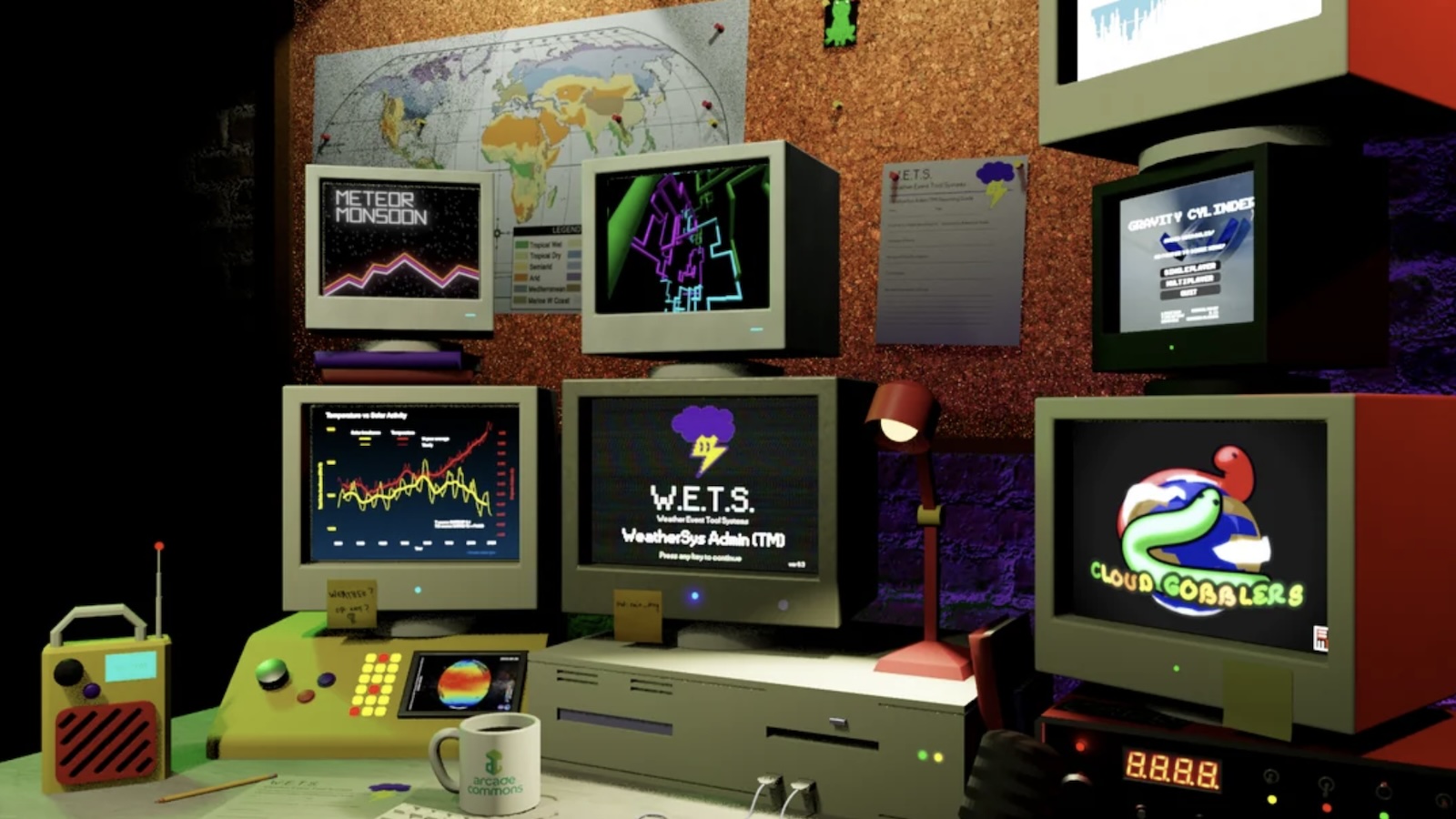
WeatherSys Admin is an interactive arcade cabinet that casts visitors as new hires at W.E.T.S. (Weather Event Tools Systems), a fictional non-governmental organization (NGO) tasked with responding to global ecological crises. Installed at a fictionalized weather response terminal, players are surrounded by CRT monitors, blinking buttons, and labeled inputs offering access to six distinct tools, each a self-contained video game.
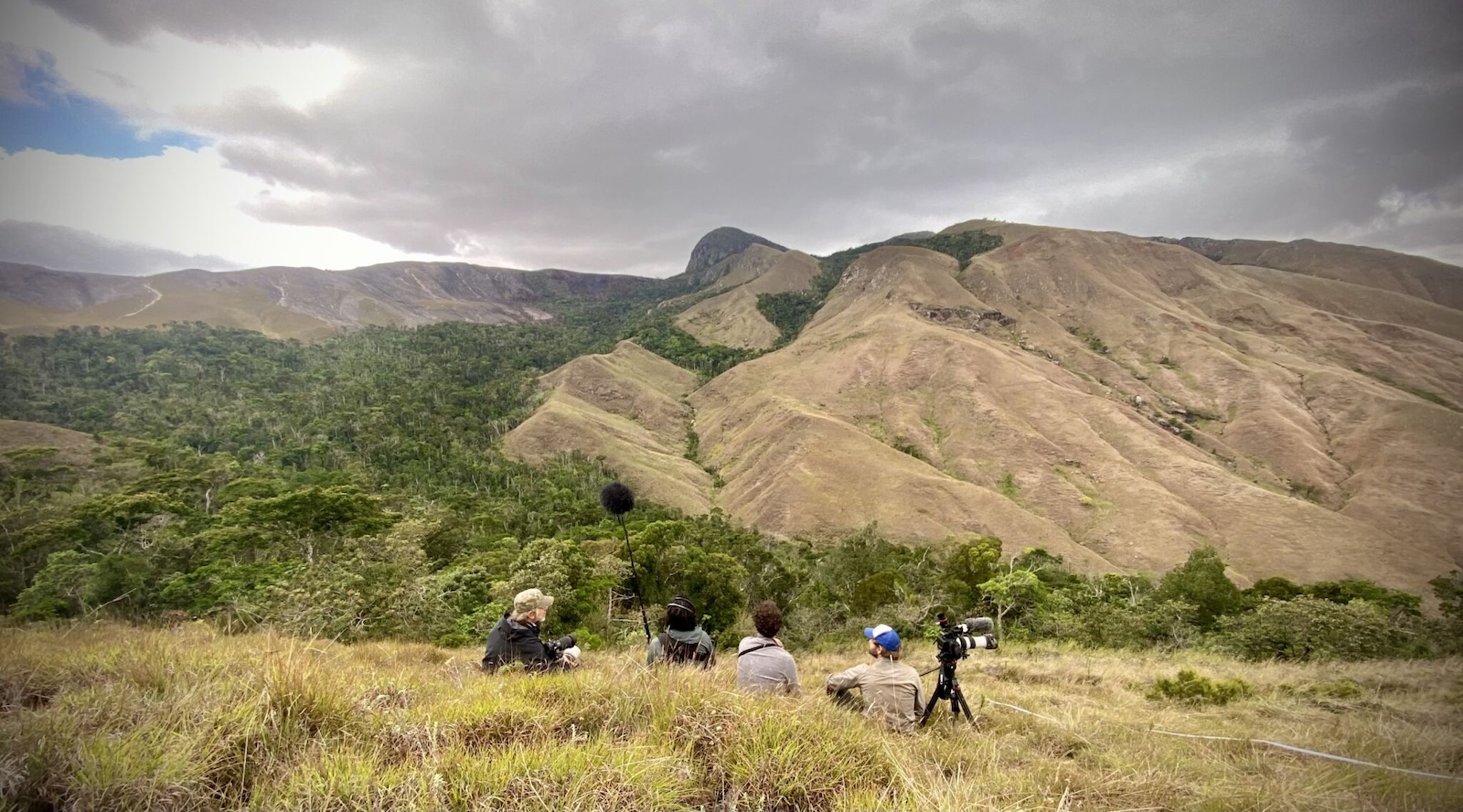
What is the role of the filmmaker in scientific research and conservation? Expedition films show us the work of scientists in the field and document important behavior. But does adding more humans to the scene disrupt animal activity or damage the environment? Join us for a screening of Ivohiboro: The Lost Forest, followed by a conversation about fieldwork and the collaboration between scientists and filmmaking teams.
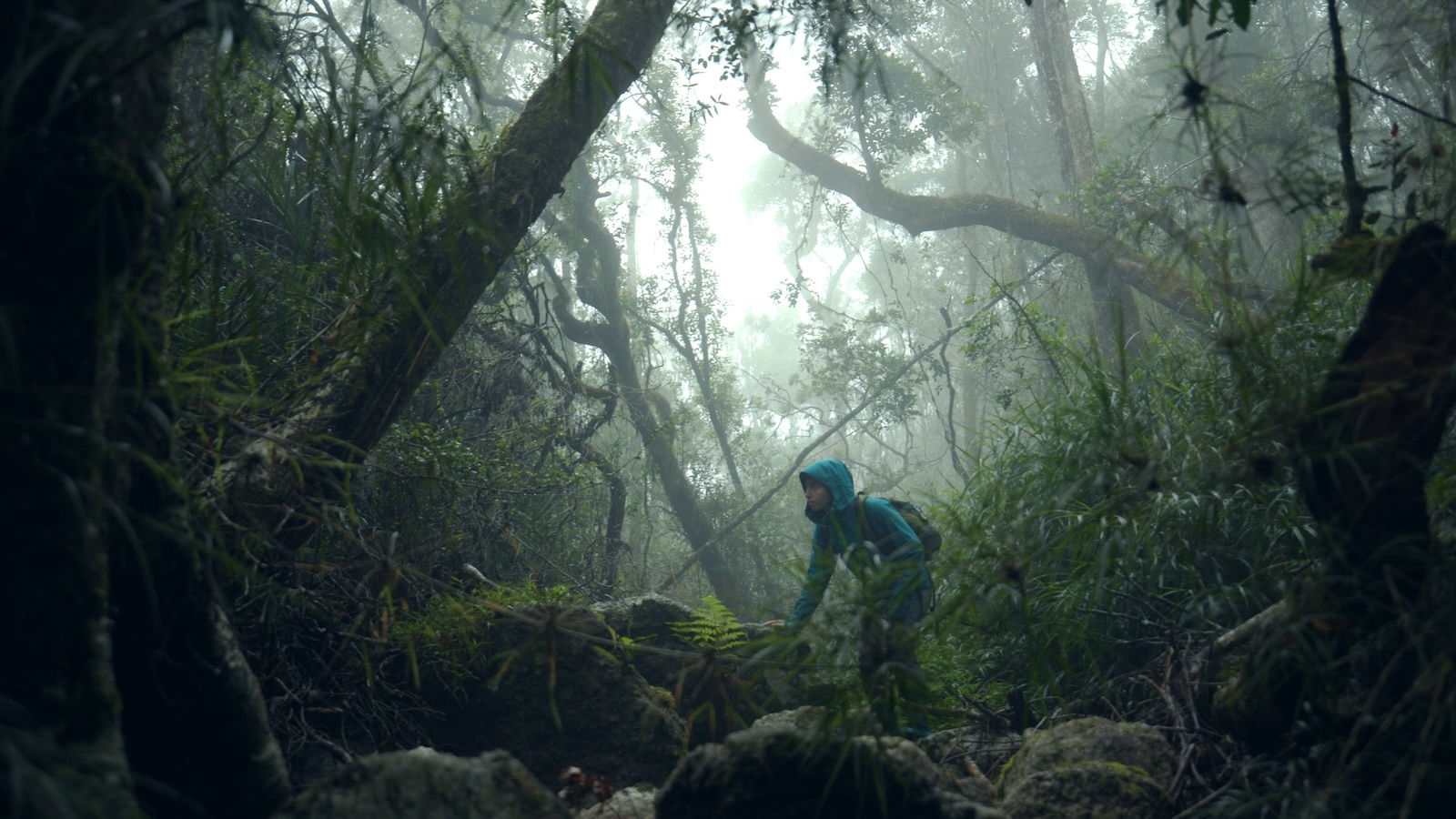
In fall 2023, Dr. Patricia Wright—renowned primatologist, MacArthur Fellow, and pioneer in rainforest conservation—led a team of young scientists on a daring 30-day expedition into this Ivohiboro, a pristine tropical forest reigning over the rugged plains of Southeast Madagascar.
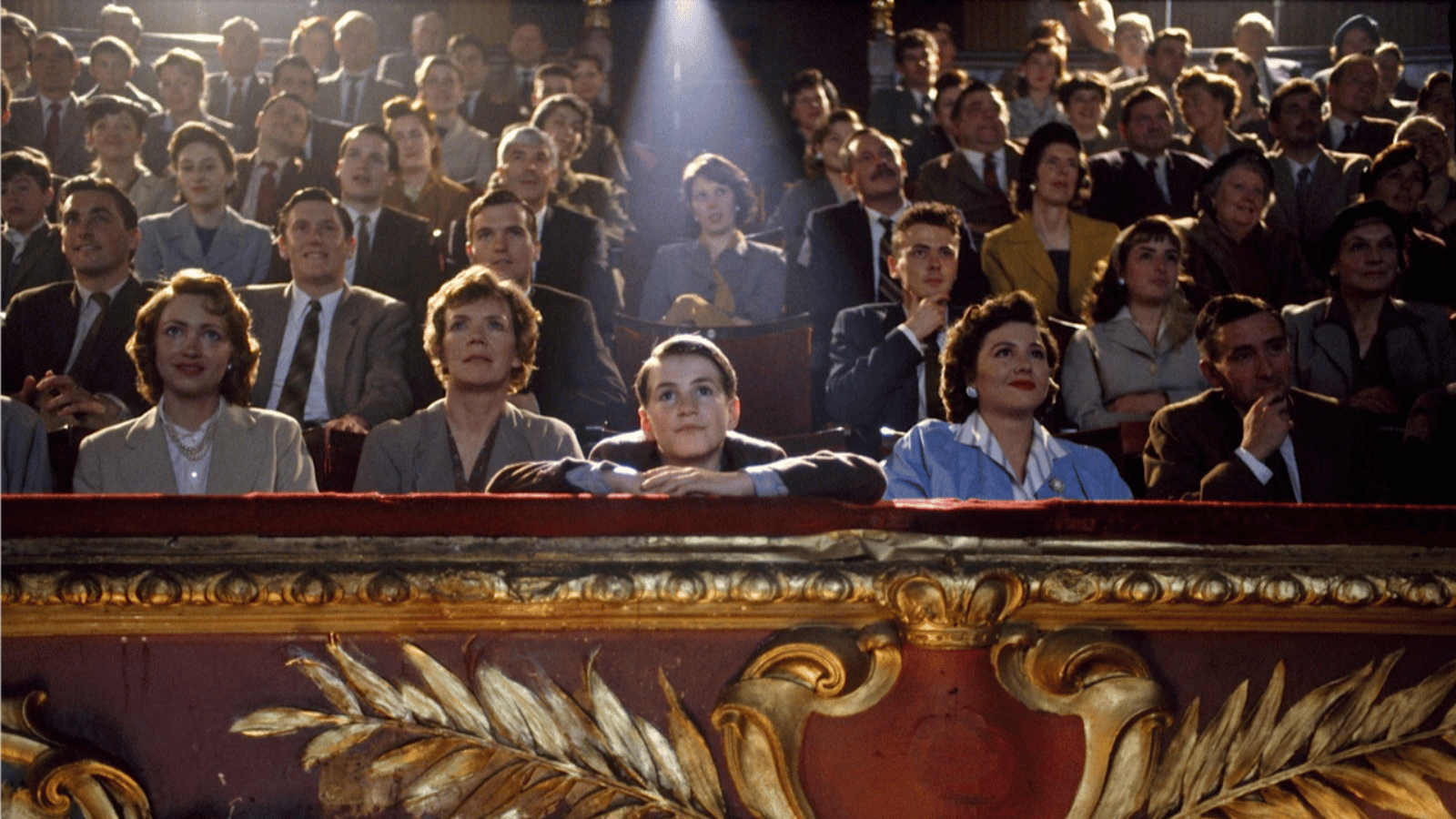
A portrait of the budding artist as a young boy, told completely from inside the child’s mind, The Long Day Closes is Terence Davies’s exquisitely beautiful work of autobiographical fantasia. Followed by book event celebrating the reissue of Terence Davies’s novel Hallelujah Now.
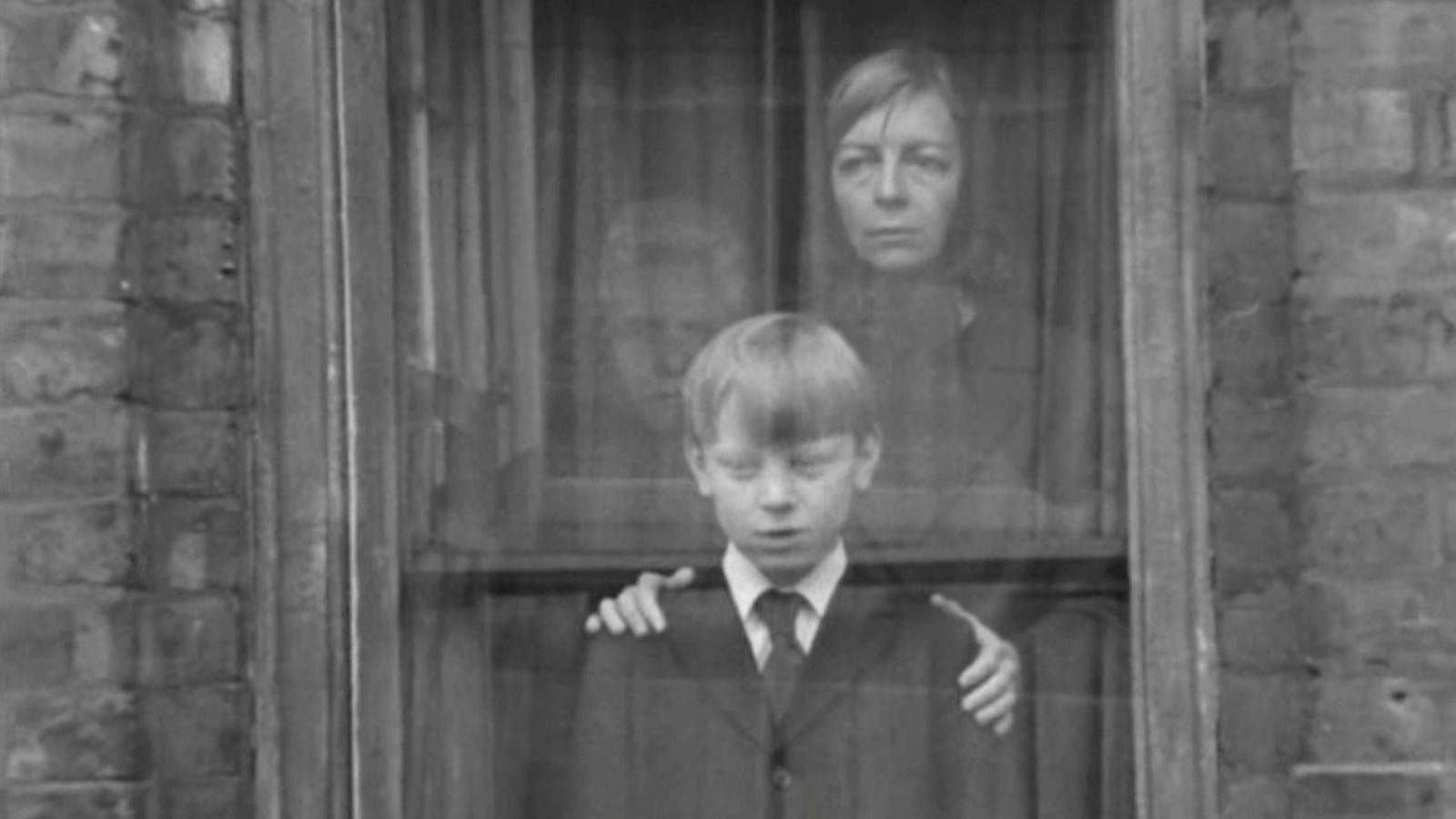
Terence Davies’s first three shorts are among the most accomplished debuts in film history, profoundly personal in theme and with a preternatural grasp of cinematic grammar. Consisting of Children (1976), Madonna and Child (1980), and Death and Transfiguration (1973), the films together form nothing less than the complete scope of a man’s earthly existence, set in the Liverpool of Davies’s youth.
